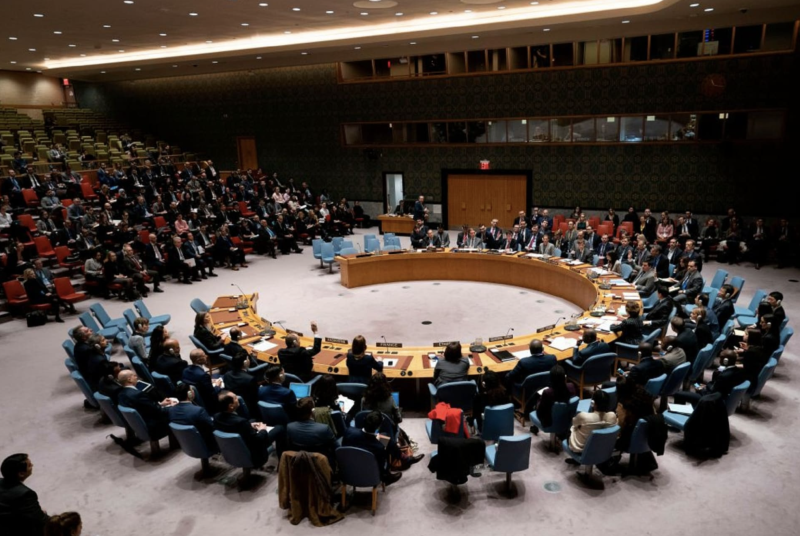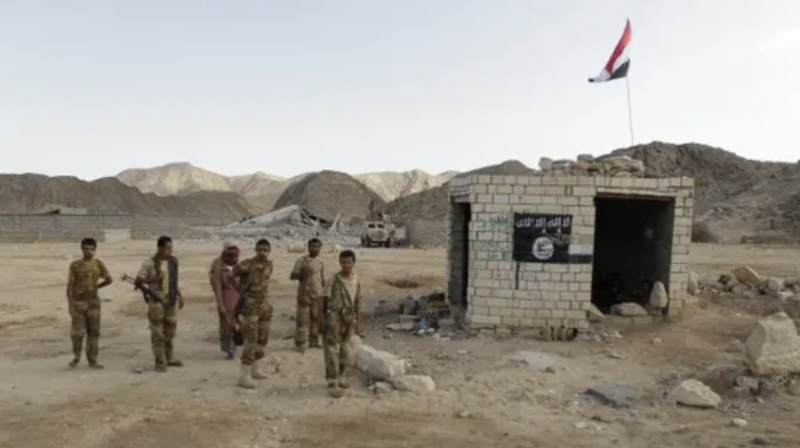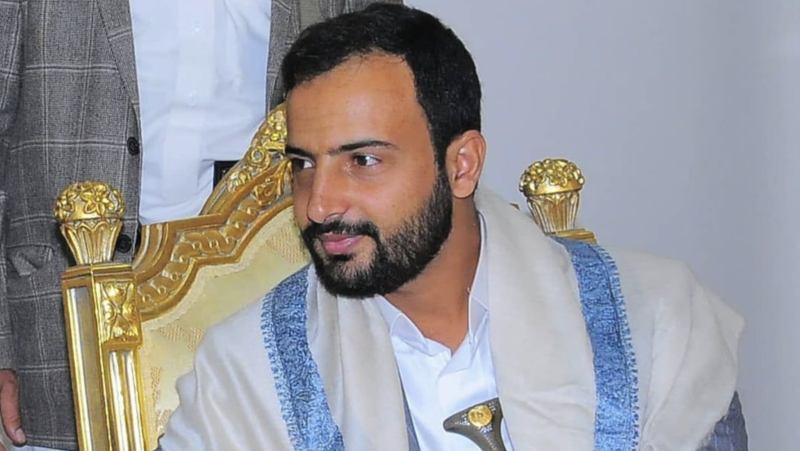UAE troop drawdown in Yemen was agreed with Saudi Arabia: official


The United Arab Emirates had been planning its recent troop drawdown in Yemen for over a year and coordinated its move with key ally Saudi Arabia, a senior Emirati official said on Monday.
The UAE, a leading member of the Western-backed Sunni Muslim coalition battling the Iran-aligned Houthi movement, is reducing its military presence as worsening U.S.-Iran tensions threaten security closer to home, Reuters reported last month.
The Gulf state has pulled some troops from areas including the southern port of Aden and the western coast, but says it remains committed to the internationally-recognised government of President Abd-Rabbu Mansour Hadi.
The drawdown “was not a last-minute decision” and had been discussed extensively with Riyadh, said the official, who declined to be named.
“Our discussion over our redeployment has been ongoing for over a year and it has been heightened after the signing of the Stockholm agreement in December,” the official told reporters in Dubai.
The official said the port city of Hodeidah was most affected by the decision because of a holding ceasefire under a U.N.-led pact reached last year in Sweden to pave the way for talks to end the war.
Hodeidah, a lifeline for millions of Yemenis, became the focus of the war last year when the coalition tried to seize the port, the Houthis’ main supply line. Under the deal, which has yet to be fully implemented, both the Houthis and pro-coalition Yemeni forces would withdraw.
“It makes a lot of sense for us to redeploy away from Hodeidah. By connection, Assab in Eritrea has also been affected because it was a staging ground for our operations in Hodeidah,” the official said, adding that troop movements in other areas of Yemen are “tactical and based on our needs”.
Abu Dhabi has a major military base at the Eritrean Red Sea port of Assab.
“We are not worried about a vacuum in Yemen, because we have trained a total of a 90,000 Yemeni forces,” the official said. “This is one of our major successes in Yemen.”
IRAN TENSIONS
Asked about the drawdown, the spokesman for the Saudi-led coalition said member countries played different roles and contributed whatever capabilities they could.
“The United Arab Emirates... and the coalition countries continue to achieve their operational and strategic goals and reach the final status of restoring the legitimate Yemeni government,” Colonel Turki al-Malki told reporters in Riyadh.
Diplomats have said the UAE prefers to have forces and equipment on hand should tensions between the United States and Iran escalate further after attacks on oil tankers in the Gulf and Tehran’s downing of a U.S. unmanned drone.
The UAE has been urging de-escalation of regional tensions.
“Many people asked if this is also linked to the current rise of tensions with Iran. I would say fundamentally no... But of course we cannot be blind to the overall strategic picture,” the official said. “It is very much to do with moving to from what I would call a military-first strategy to a peace-first strategy.”
Washington is in talks with allies about gathering a global coalition to protect vital oil shipping lanes in and near the Strait of Hormuz.
The official said a collective mechanism was needed to protect energy and maritime security."Reuters"

NewYork -- The United Nations Security Council has urged all parties in Yemen to de-escalate tensions and intensify diplomatic efforts to end the c…

Marib — A senior al-Qaeda commander was killed Tuesday in a suspected U.S. drone strike in Yemen’s northern province of Mareb, accordin…

London — The United Kingdom has announced new sanctions targeting Hussein al-Houthi, son of Abdulmalik al-Houthi, leader of the Houthi militi…